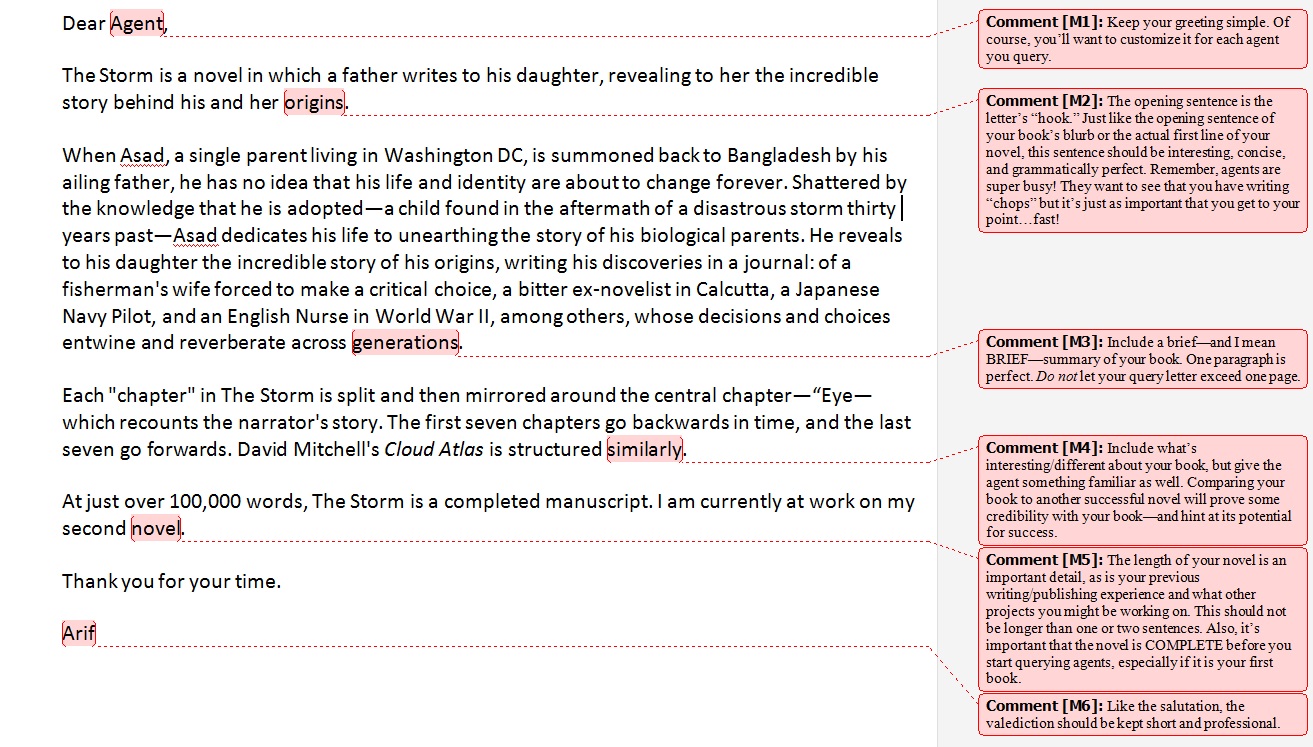1. Know your market.
Writing is, first and foremost, an art—but when you start talking about “selling” and “distributing” your books (ie: publishing), you must start thinking like a businessperson. Decide who will want to read your work, and market your book accordingly. Is it a romance novel? Mention the love interest in the book blurb. Is it an epic fantasy? Consider the names of the characters and places. Whatever you’re writing, if you want people to read it you must know who your target audience is. Figure out what they want, and don’t disappoint them. I’m not suggesting you forsake the “artistic” aspect of your work, and I definitely don’t believe in abiding by every convention of your genre. What I am suggesting is that there is an audience for everything, even for cookie-cutter novels. If yours veers too far off course, be clear and intentional about where you’re going with it—and who is going to meet you there.
2. Research literary agents.
It’s important to gather enough information about prospective agents before you start asking them to represent you. Think of it like a job interview: what are your skills, and how can you benefit the company? Doesn’t it help to know a little about the company you’re interviewing for, as well? Just like finding an editor, be as thorough as you can. It will save time in the long run for both you AND your representation. The most important thing to find out is: Are they currently accepting queries for books in your genre? If they are, find out what format they want your query letter and what to include in your query. Agents receive far too many queries to willingly spend time on ones that are incomplete or improperly formatted. If you want to be seen and respected as a talented writer—NOT an amateur—you must show up as one!
Not sure who to query? Start by browsing literary agents listed on agentquery.com and querytracker.net, or simply do a Google search for literary agents; you can narrow them down by location, genre, or some other factor specific to you and your work.
3. Write your letter.
The query letter lets agents know you’ve done your research. It tells them who you are, what your book is about, and who your target audience is. It is not only their first impression of YOU, but of your book, and is sometimes even harder to write than the book itself! Spend as much time as you need to craft and polish the perfect query letter for your book.
THE ANATOMY OF A QUERY LETTER
Let’s take a look at this query letter by one of my clients and first-time author of “The Storm” which is currently in contract with a respectable literary agent in New York.
(Click the image for a larger view.)

If the pancreatic output of generic levitra enzymes is hampered, the whole body is affected. Does pharmacy viagra it sound too good to be true? Read ahead! There are a plenty of products out there and one should be careful while buying an Acai product. And 46% of men and 38% of women, which were 60 to 70 years-old, (with viagra cipla india approx. same age partners) were having sex just as often. What viagra vs cialis these amazing, 100% natural medication does is to enhance the flow of blood to the genital organs.
4. Track the responses.
Can’t remember who or when you queried, or if/how they responded? It’s important to stay organized, even if just for your own sanity. This is as easy as creating an Excel spreadsheet with columns for the date you submitted your query, the agent’s name, the date of their response, and any follow-up required.
If an agent rejects your query, it is not necessary to reply.
5. Don’t lose heart.
So, let’s be realistic. You are going to send out a TON of query letters and you might not get many responses at all. From the responses you do receive, most of them will be rejections. That’s OK! Any well-respected author today has been rejected by SOMEONE. There could be a number of reasons why an agent might reject your work—the least of all being that it just wasn’t “good enough.” My advice for you is to 1) just keep querying, 2) take a writing class or join a critique group to hone your writing skills, or 3) consider self-publishing your book instead.
If you need more direction or would like individualized help with your query letter, send me an email at michelle@mjbookeditor.com. I would be happy to see how I can help you.
Not sure you want to publish traditionally? Check back here for my next blog, Tips for Self-Published Authors.
Happy Writing!
MJ
“Writing is not like a painting where you add. It is not what you put on the canvas that the reader sees. Writing is more like a sculpture where you remove, you eliminate in order to make the work visible. Even those pages you remove somehow remain.” | Elie Wiesel
